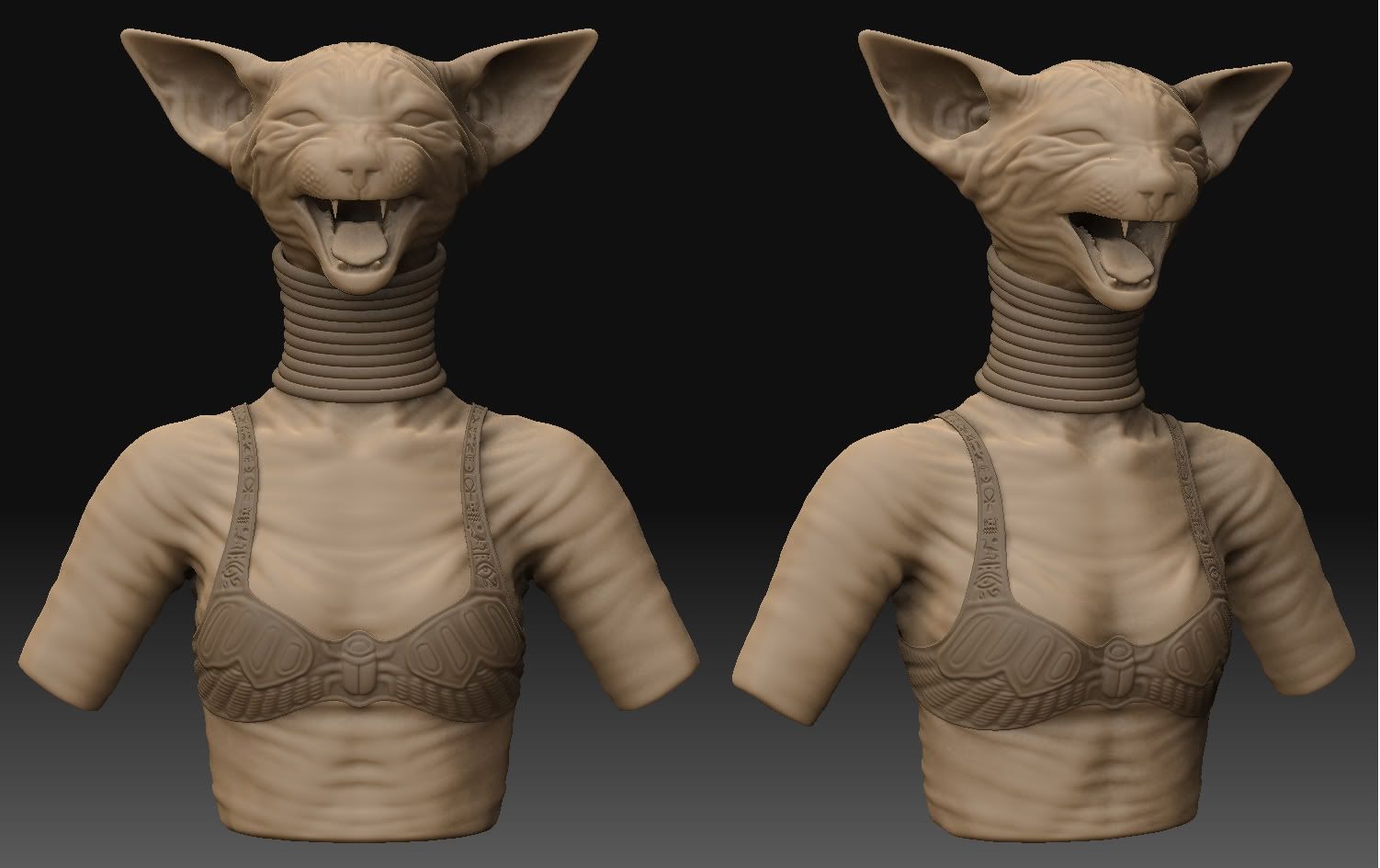 |
| Susan Gewirtz [Merredyth Messer] |
Brief History of the Sky: A Manual
for Air Traffic Controllers
by Susan Gevirtz
It is well known that brevity is essential to any discussion of the sky. Thus
It is well known that brevity is essential to any discussion of the sky. Thus
for the sake of brevity we will divide
the sky into its fractions: the Ptolemaic
sky, the afternoon sky, the weatherless
sky, the seared sky of summer, the
skewered sky of winter treetops,
brother to the Titian sky, sister to the
drawn-out sky, Father of the
perspectival sky, Mother to the smoke-stacked
skyline of London in 1870. All of these
skies require further divisions into
many more skies that can only briefly
be mentioned or barely even motioned
at, here. The drenched sky whose light
withers seeing, skies of insomniacs
plastered with sleep, little known
night skies for the sake of pollination,
navigating by fluorescent light the
daunted night sky under which urban
cleaning occurs, Athena's sky palace,
the sky whose character alters
according to the ages of ice. This is
to divide the sky into some of its many
halves, some of which contain a moon,
and some of which understand the
moon as a lamp lit by the
night-candler. The night sky as we now know it in
major urban electrical centers is an
infant sky. It has only watched us sleep,
lorded over us, posed at dark, for a
mere century and a half, in a futile
attempt to persuade its inhabitants to
buy the concept of rest. It is perhaps
the briefest of all the brief skies in
the history of skies.
Why is any of this important to air
traffic controllers? Because air traffic
controllers navigate many skies at
once. There is the sky on the screen and
that is the fastest sky ever to burn —
strung up by an umbilicus of connected
dots: one dot is the pilot's voice,
another the pilot's eyes, another the air traffic
controller's voice, and the fourth leg is
the air traffic controller's eyes. All of
these, far more than the jet engine
shoving air out of its path at such high speed
that the plane creates its own
slipstream into which it proceeds forward, keep
the plane up. And the sky is kept up by
the same means. There is no other time
in history that the sky has been kept
up over the earth in this fashion.















